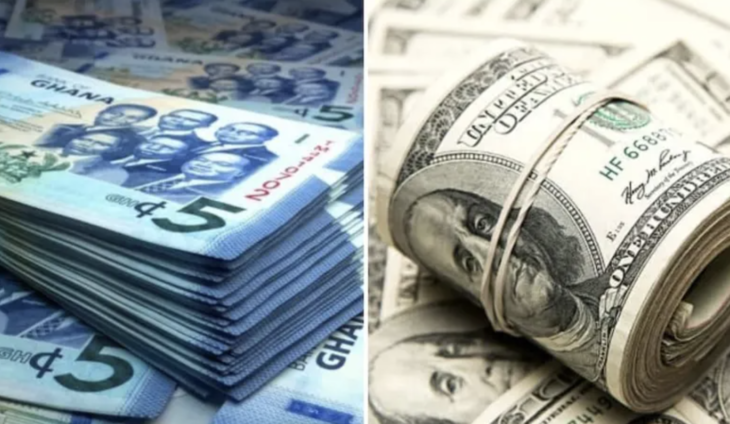Ghana’s exchange rate loss of nearly 40% in a year highest in Africa – World Bank
Ghana’s exchange rate loss of nearly 40% between January 1, 2022 and January 1, 2023, was the highest in Africa, data from the World Bank has revealed.
According to the World Bank, exchange rates in the region mostly depreciated, making imported goods, including food and energy, more expensive.
The Bretton Wood institution said countries such as Ghana that practice “crawl-like arrangements” recorded very sharp exchange rate depreciation. This was due to the expensive fiscal measures that are often used to limit the pass-through of exchange rates to inflation, with the resulting deteriorating fiscal position potentially further stressing exchange controls and exacerbating inflationary pressures.
“One key concern for managed and crawl-like arrangements is the possibility that parallel markets can influence exchange rate movements. Capital controls that often accompany such arrangements can lead to scarcity of forex reserves, forcing the government to prioritize specific transactions and charge a premium for official foreign exchange transactions”.
Sudan was the second with about 23% depreciation of its currency during the period. Malawi (-20%), The Gambia (-16%) and Madagascar (-10%) came 3rd, 4th and 5th respectively.

Cedi to end 2023 at ¢11.40 to a dollar – Fitch Solutions
Fitch Solutions has forecast that the Ghana cedi would end 2023 at ¢11.40 against the US dollar.
This is lower than the ¢12.40 it predicted early in the year, at a time Ghana was yet to reach an agreement with the International Monetary Fund for a bailout package.
The UK-based firm is also projecting ¢10.90 to one dollar in 2024, fuelled by expected inflows from the International Monetary Fund programme and improve investor confidence.



